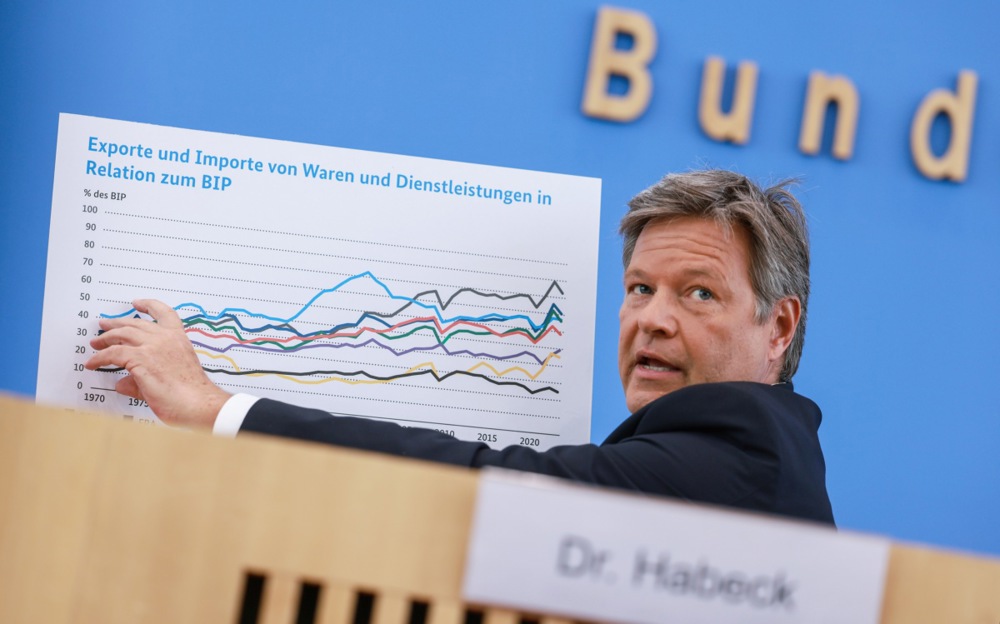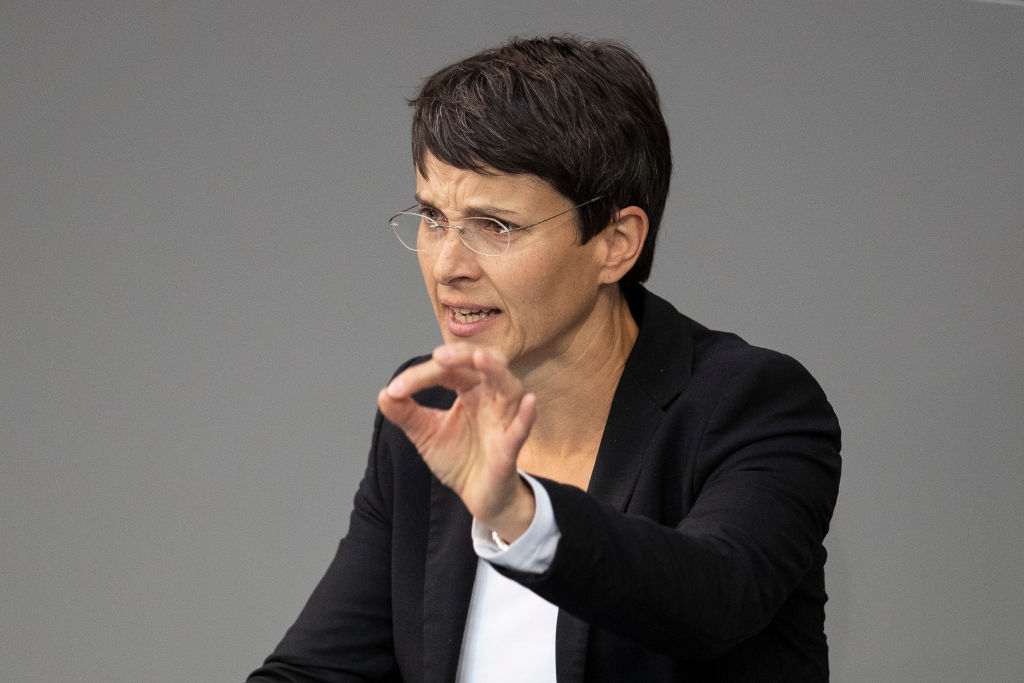Germany is continuing to pioneer innovative uses for artificial intelligence.
In the state of Saarland, public waste disposal association Entsorgungsverband Saar (EVS) has introduced a novel AI-based system to detect automatically improperly disposed garbage in citizens’ organic waste bins.
On May 8, EVS announced that a test run in the municipalities of Kirkel and Friedrichsthal beginning in October 2024 had been successful, and it was now rolling out the new system in several more communities, including parts of the city of Saarlouis.
Rubbish collection trucks, which drive from house to house emptying individual households’ organic waste bins, will now be outfitted with cameras to take pictures of each bin’s contents before and during the emptying process.
An AI-based software will then scan the pictures for evidence of non-organic waste, primarily plastics. Suspicious waste can then be traced back to the disposer using silicon chips on the bins.
Saarlouis mayor Marc Speicher from the Conservative CDU party, said “We have to improve on security, order, and cleanliness. Now we are continuing this strategy of our town together with EVS in the area of waste management. With the new phase of the organic waste control, incorrectly filled bins become visible and can be directly assigned to the waste offenders.”
In the first phase, waste offenders will only be informed of their wrongdoings by having a yellow tag attached to their bin.
“The next level of escalation is a red note”, said Stefan Kunz, the general manager of EVS, in a video widely shared on X. The offender’s bin would then not be emptied. Repeated or especially grave offences could also lead to fines being imposed.
The introduction coincides with a new German regulation which mandates as of May 1, organic waste may not contain more than 3 per cent in non-organic impurities.
In the wake of the regulatory tightening, AI-based garbage monitoring systems are also being introduced in other German towns including Munich, Ulm, and Reutlingen.
The new cameras and AI systems reportedly cost up to €50,000 each.
But this technological innovation does not stop at detection.
The city of Ulm in southern Germany is also rolling out digital waste bins which city officials can lock remotely in the case of criminal impurities, and only reopen after the owner has paid a fine.





